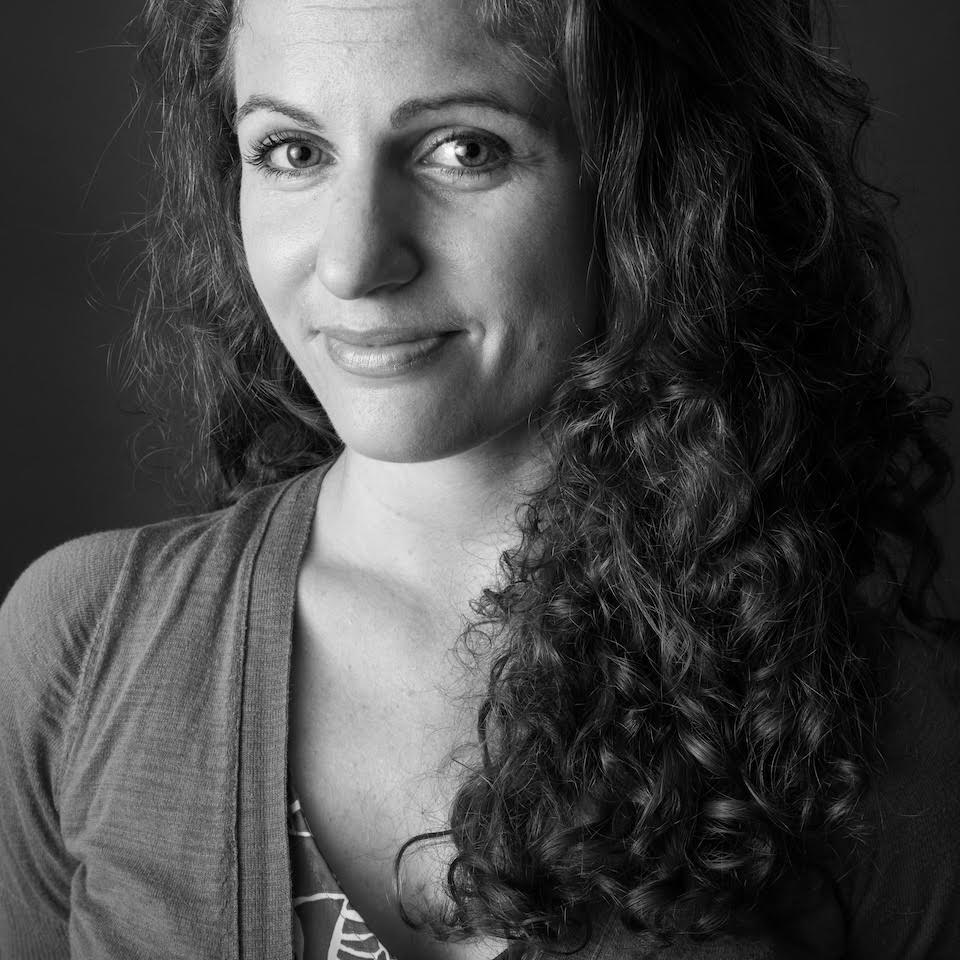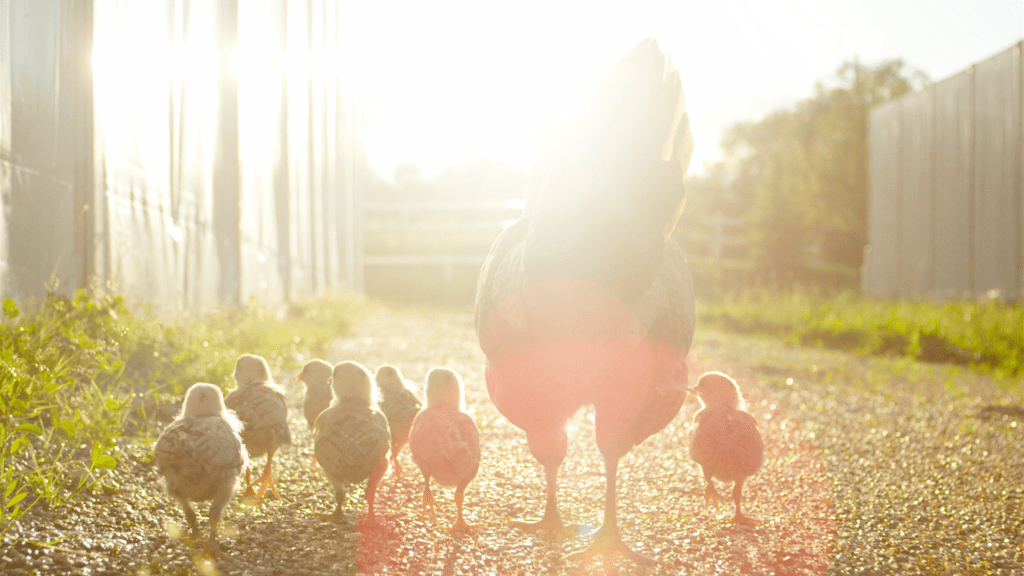Since our work began in 2016, JIFA has delivered programs and consultation to hundreds of organizations to restore animal welfare, sustainable food choices, and food justice as core values in our communal Jewish consciousness. Our mission emphasizes collaboration and partnership, because broader change takes a village. It’s only with cooperation and allyship of organizations and Jewish leaders that we elevate a vision for a more harmonious, resilient, and just food system. Achieving this change will require the participation of Jewish organizations and leaders that haven’t yet addressed factory farming and its impact on Jewish communal life.
This year, Brooks McCormick Jr. Trust for Animals Rights Law and Policy provided support for JIFA to launch a one-of-a-kind learning series tailored to professionals in non-profit settings, including Jewish environmental, social justice, policy, and student engagement organizations. Together with the National Religious Partnership for the Environment, JIFA organized and delivered a four-part educational program on the importance of farmed animal welfare—including how animal welfare connects to issues such as public health, worker justice, environmental health and climate change—from a uniquely Jewish perspective. Guest speakers included scholars, authors, community organizers, and activists who explained how industrial agriculture exacerbates problems for humans (particularly pandemic risk and violence and racialized discrimination toward workers), damages the environment, and harms farmed animals on an unprecedented scale.
After attending the program, participants agreed that this learning is not just relevant, but critical for the entire Jewish community. As a direct result of the series, Hillel International enlisted JIFA to create and deliver a Food Justice curriculum for their Campus Corps Program, a new service-learning internship for student leaders across the country. We have already started our journey engaging with 26 Hillel students wrestling with the ethical and practical challenges of enacting Jewish food values in the age of factory farms. This up-and-coming generation of leaders, equipped with the knowledge and training they receive through this internship, could be instrumental in transforming how our religious institutions eat and farm.
In our experience, education—and the quintessentially Jewish method of grappling with an issue both intellectually and spiritually—often precedes action. Educational initiatives fuel changes to communal policy that directly impact what foods people are served. We are the only Jewish initiative dedicated to long-term institutional change while engaging a broad spectrum of Jewish animal ethics—and our goal of supporting all Jewish institutions in committing to alternatives to factory farming is possible through activating a broad network of Jewish leadership. This project has planted the seeds for Jewish communities to take stronger stances and policies advancing animal welfare and food justice. As the gulf between our ideals and conventional agriculture widens, we see an emergence of leadership that’s eager to respond. We are excited to work with a growing coalition of leaders to pursue this justice work together.




